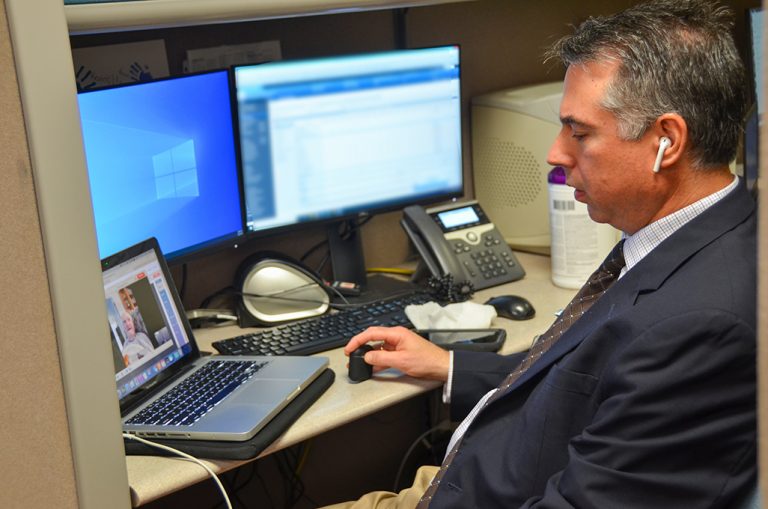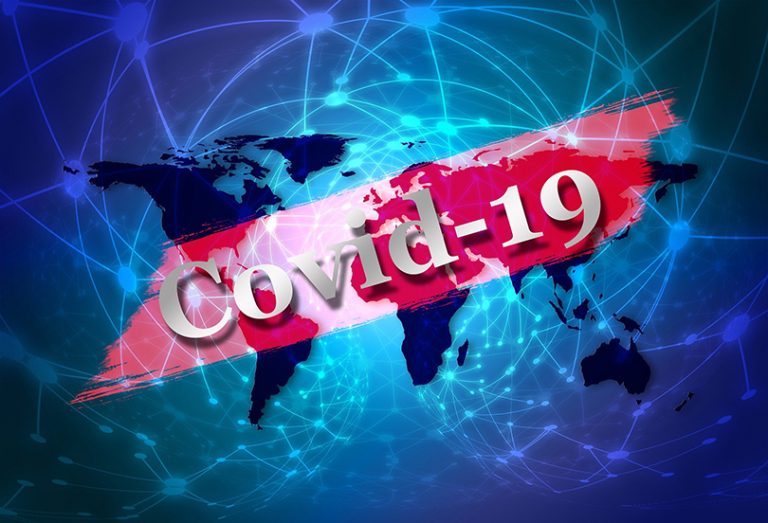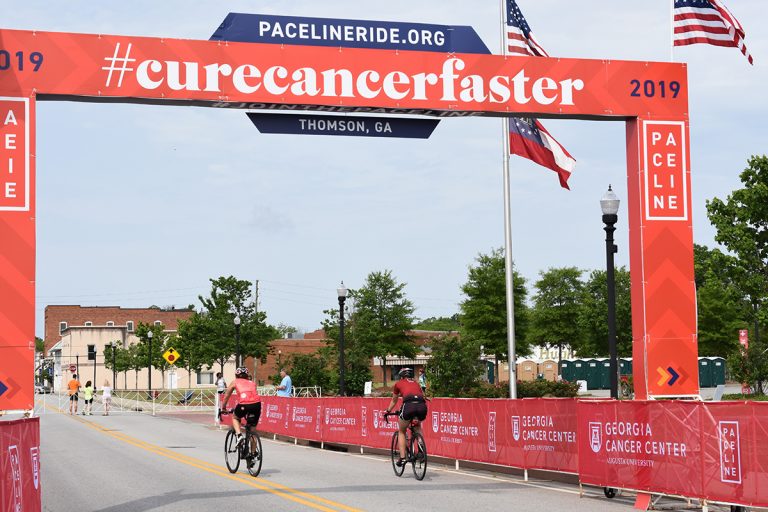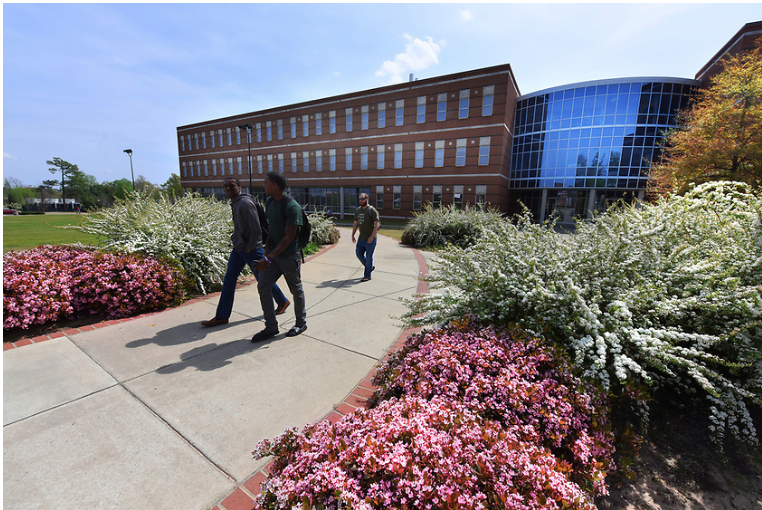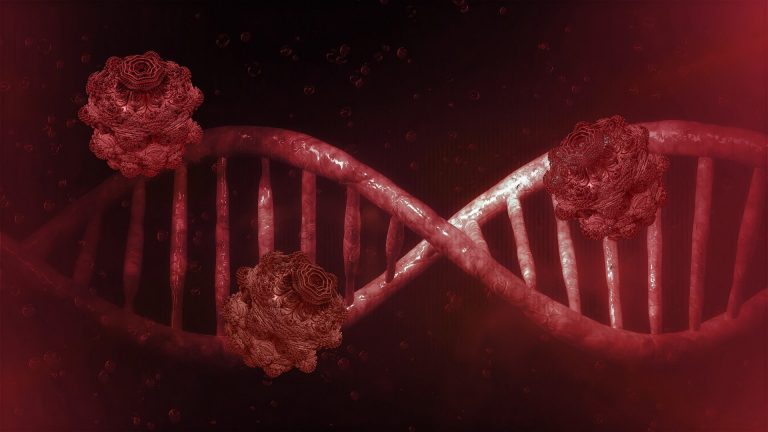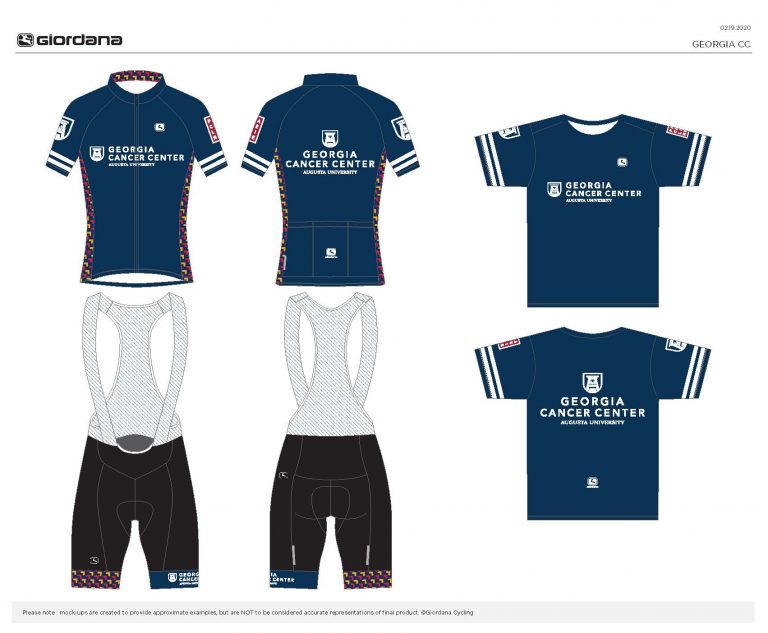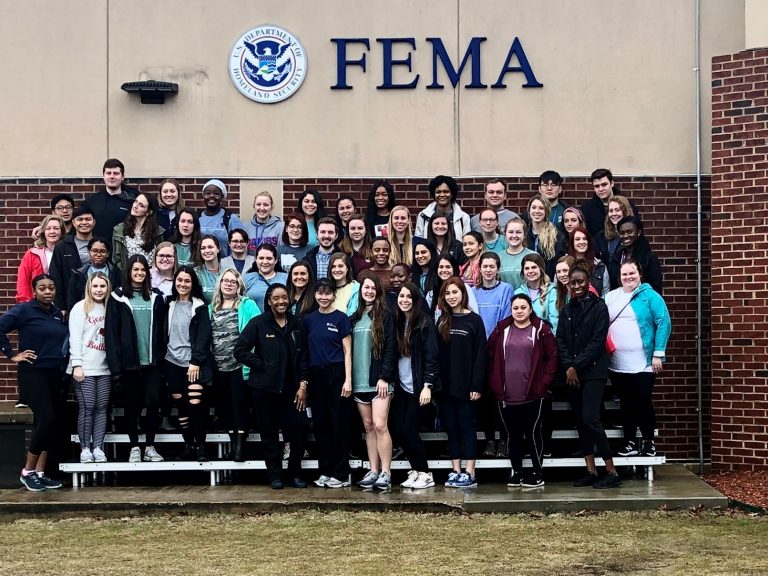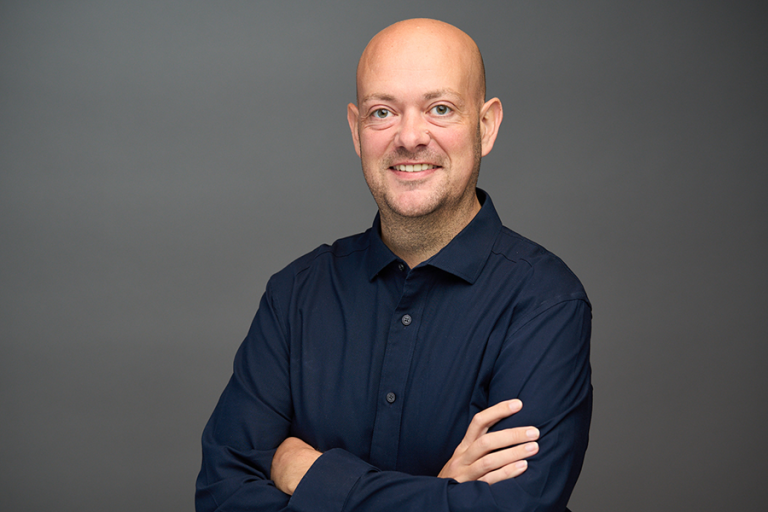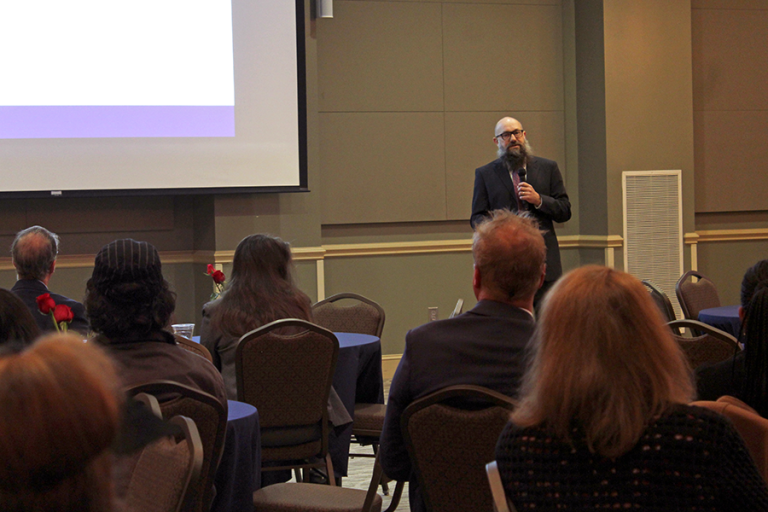
Annual Economic Forecast Breakfast offers snapshot of the local economy
“Overall, Augusta and Georgia are positioned well for economic growth in 2026,” says Simon Medcalfe, PhD.
Augusta University plans to expand its animation program to include an additional 21 faculty members in the Department of Art and Design, which will make it possible to attract about 400 more animation students in the coming years.

“Overall, Augusta and Georgia are positioned well for economic growth in 2026,” says Simon Medcalfe, PhD.

“Overall, Augusta and Georgia are positioned well for economic growth in 2026,” says Simon Medcalfe, PhD.

“Overall, Augusta and Georgia are positioned well for economic growth in 2026,” says Simon Medcalfe, PhD.
TUNE IN
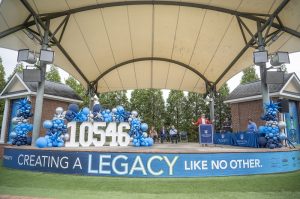
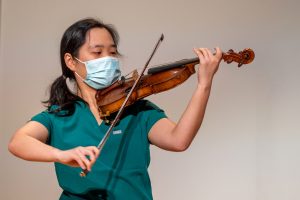
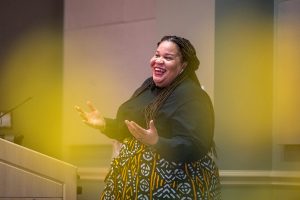
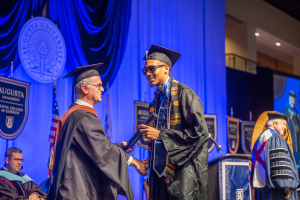

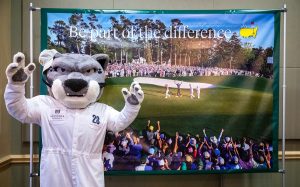
STAY INFORMED
Jag Mobile is a one-stop virtual location for all need-to-know information and a centralized resource for other apps. This will include news and alerts, department updates, emergency information, health resources, student updates and more.
Stay connected and download “Jag Mobile by AU” today!

The annual event was held Sept. 7 on the Summerville Campus.
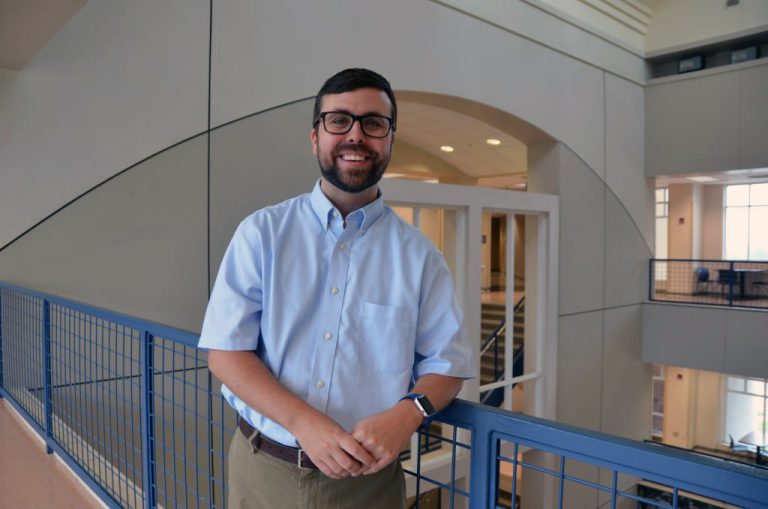
The book is designed for current instructors of public administration, political science and social science.
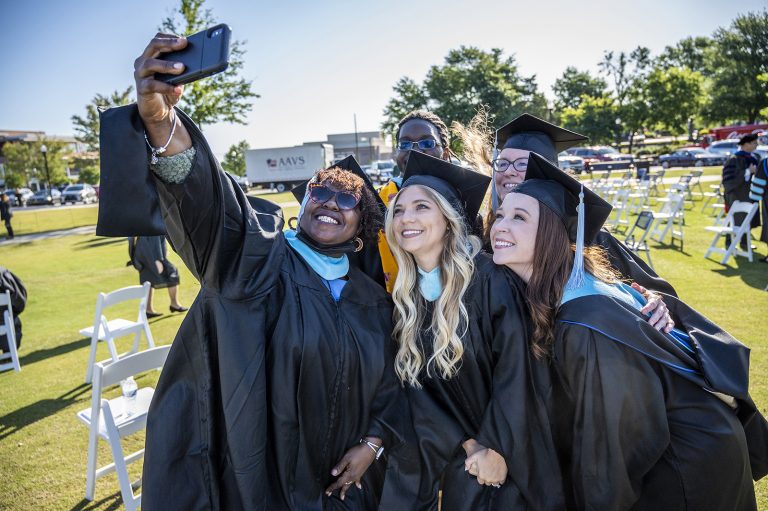
Augusta University celebrated more than 1,200 graduates during Spring 2021 Commencement. View photos and read more about our outstanding 2021 graduates.
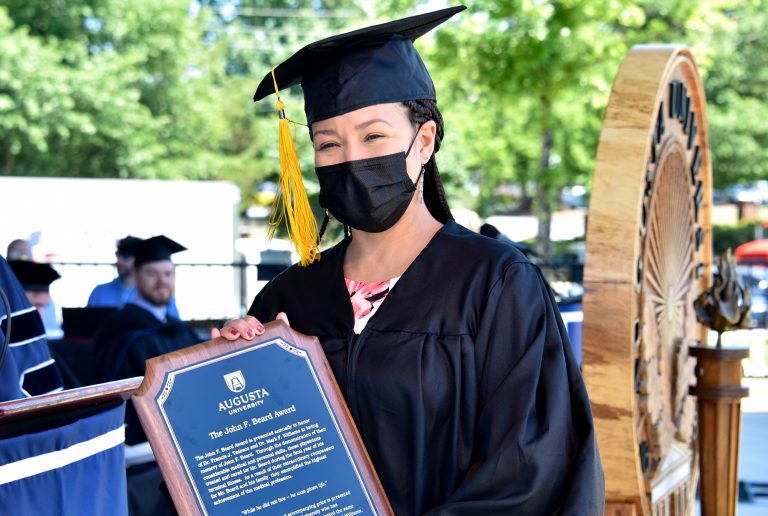
College of Nursing graduate Brittany Bledsoe name this year’s winner of the Beard Award.
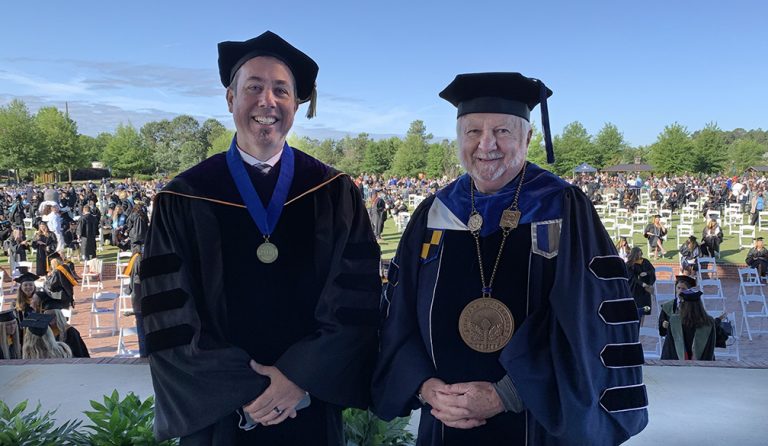
More than 1,200 graduates celebrated their achievements along with their friends and families during two outdoor ceremonies at Lady A Pavilion.
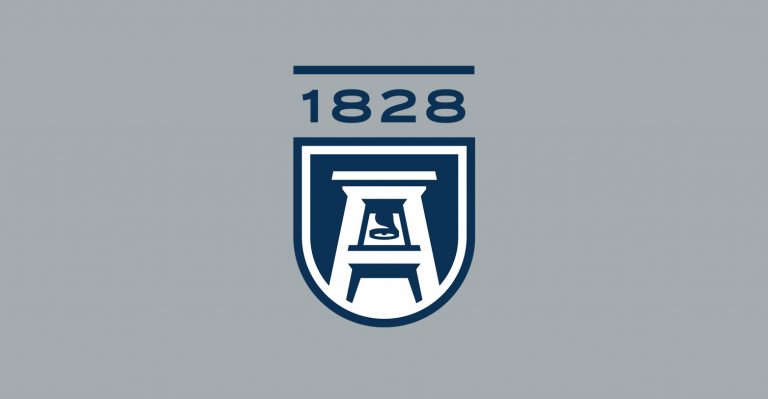
The University System of Georgia has issued guidance to campuses for the fall 2021 semester, including a return to full capacity in classrooms and recommendations for events and travel.
